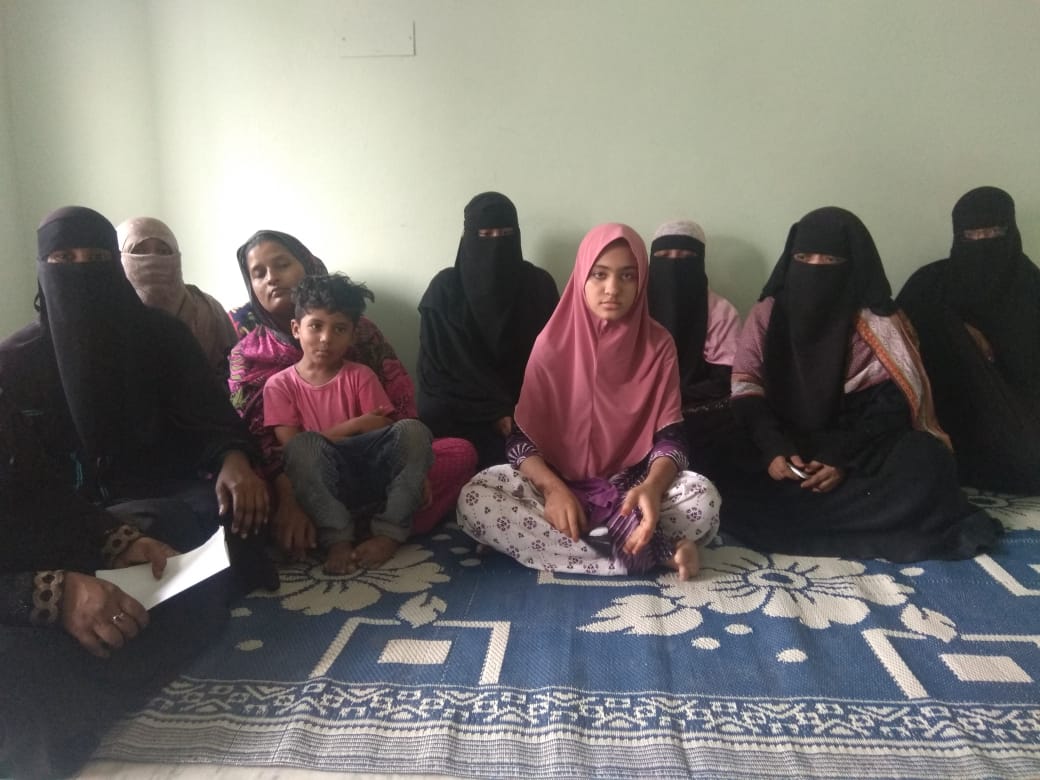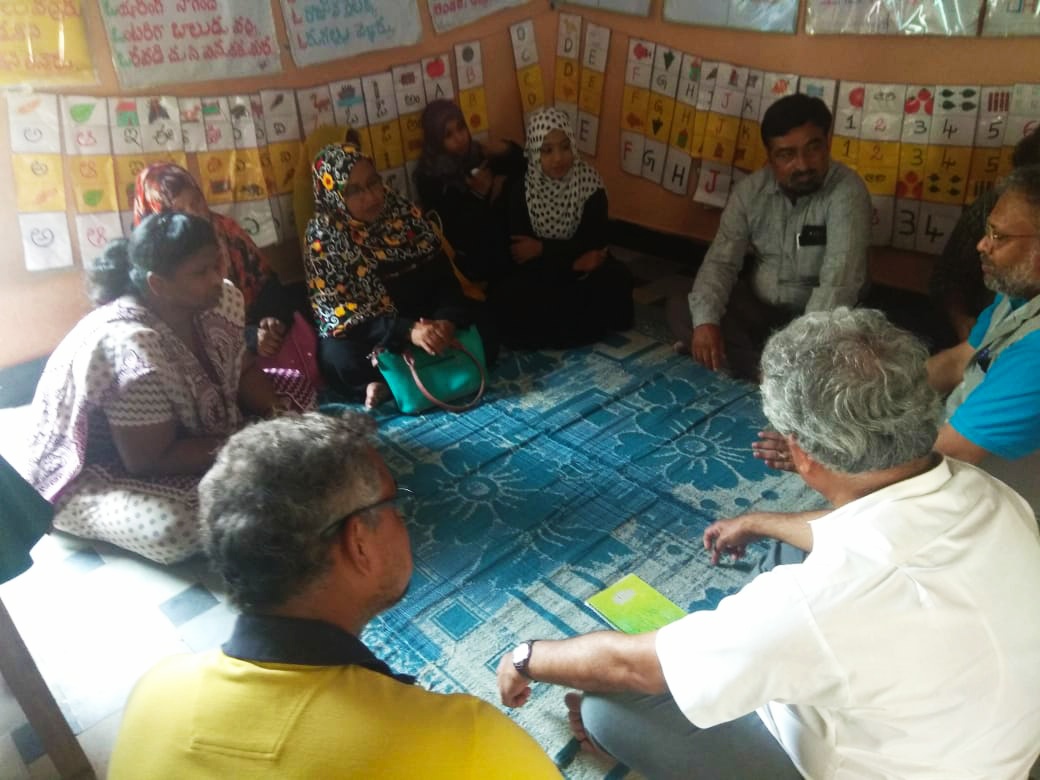It is necessary to define the goal, nature and functions of social welfare. Such an attempt is beset with many formidable difficulties. The nature of social welfare and its area of operation do not lend themselves to a clear and precise statement as in the case of other professions like medicine, law etc. What is more, such a definition cannot have universal applicability. In the past, several attempts have been made to define the nature and scope of social welfare. The following quotation is taken from a U.N. document:
Introduction
Social welfare is an organized function and is regarded as a body of activities designed to enable individuals, families, groups and communities to cope with the social problems of changing conditions. But, in addition to and extending beyond the range of its responsibilities for specific services, social welfare has a further function within the broad area of a country's social development. In this larger sense, social welfare should play a major part in ensuring that the human and material resources of the country are effectively mobilized and deployed to deal successfully with the social requirements of change and thus contribute to nation building.
Social welfare tasks are those which involve the improvement of social functioning and social relationship in meeting social needs at individual, group or community levels. Such tasks may consist of providing services as a response to social needs or problems; predicting the emergence of such situations and taking preventive measures against their occurrence; or helping to create conditions conducive to social development.
In India very few attempts have been made to define the goal, nature and functions of social welfare. For a long time since the beginning of social work education, the schools of social work not only used a borrowed model of social work education, but also the model of social welfare as developed in U.S.A. Social work model in the late 1930's in U.S.A. had mostly focussed on the provision of curative services to mainly individuals and groups. It was also based mostly on the practice of social work in private agencies. There has been, however, some questioning about the usefulness of this model to the needs of our country and, during the last seven decades a few attempts have been made to adapt this model to the culture and conditions of our country.5
It is significant to note that the First Five Year Plan defined the objective of social welfare broadly in a developmental perspective as "the attainment of social health which implies the realization of such objectives as adequate living standards, the assurance of social justice, opportunities for cultural development through individual and group self-expression, and readjustment of human relations leading to social harmony".13 It also recognized the importance of social welfare in achieving the objective of planned socio-economic development of the country.
To sum up the discussion so far, we can say that historically social welfare in India was mainly concerned with bringing about changes in the social system for the welfare of the members of the society. At the same time, it did not ignore the need to provide specific services to the individuals and sections of population, who were either adversely affected by certain harsh features of the social system or by circumstances beyoned their control. The country is now committed to the goal of socialistic pattern of society and has adopted the instrument of planned socio-economic development to raise the standard of living of the people. This involves inducing changes in the social system. Social welfare in India has to adopt the goal of planned social change and development which should be its major concern. On the other hand, it is also concerned, though to a lesser extent, to provide effective curative, rehabilitative and preventive services to the deprived and handicapped individuals, groups and communities who need such services. The role of a social worker in India is mainly that of an agent of social change. In some positions he may be functioning wholly or primarily as an agent of social change; in some others, he may administer social resources and/or provide direct service of a professional or sub-professional character, and his role as an agent of social change may be secondary.
(Social Welfare doesn’t necessarily mean giving charity only. Some of the activities of Grameen Pragati could include – Providing disaster relief in case of natural calamities; Perform workshops on social topics such as stress management, depression for different sections like Police, Armed Forces, Students; Generating social consciousness through music education veering young adults in slums from bad habits and becoming better citizens. Activities Disaster Relief at Poladpur Workshop for Police Personnel’s families on Stress Management)



